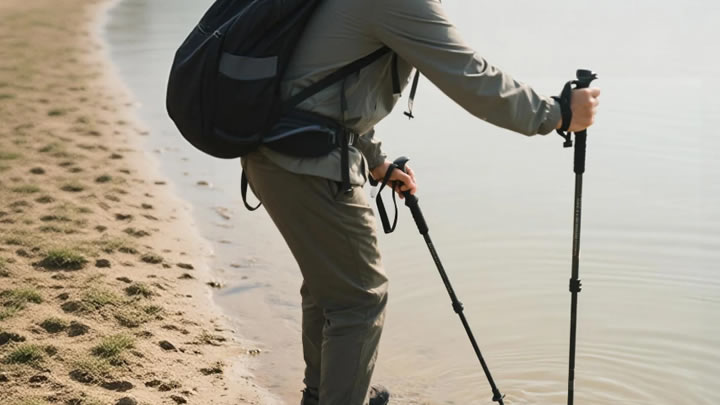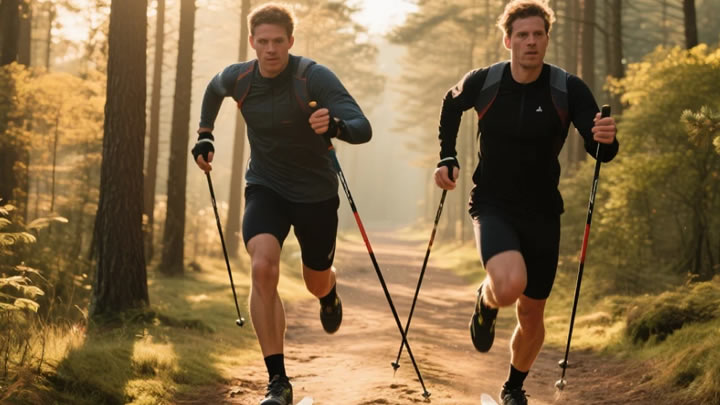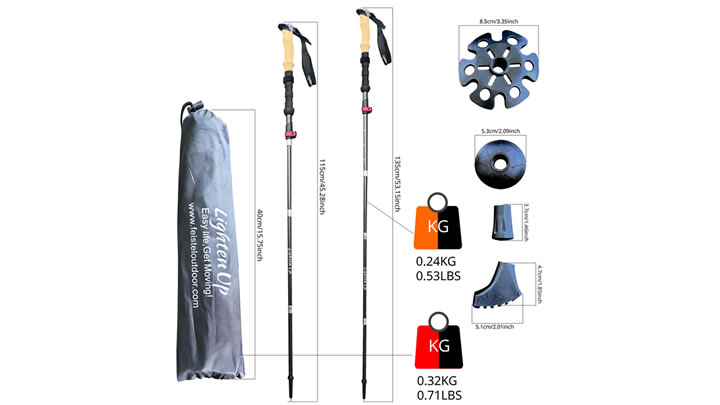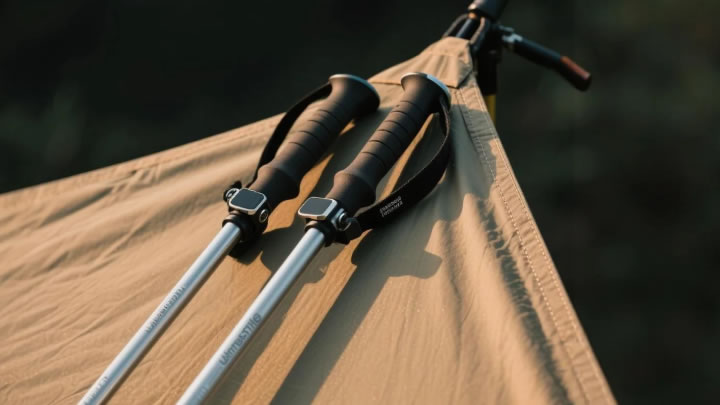What does UIAA/EN certification mean for carabiner clips?
When your life depends on a carabiner clip, certifications like UIAA (International Climbing and Mountaineering Federation) and EN (European Norm) are non-negotiable. These standards ensure every clip meets rigorous safety benchmarks—but what exactly do they test, and why should you care? Here’s a deep dive into the science behind these certifications and how they protect you.
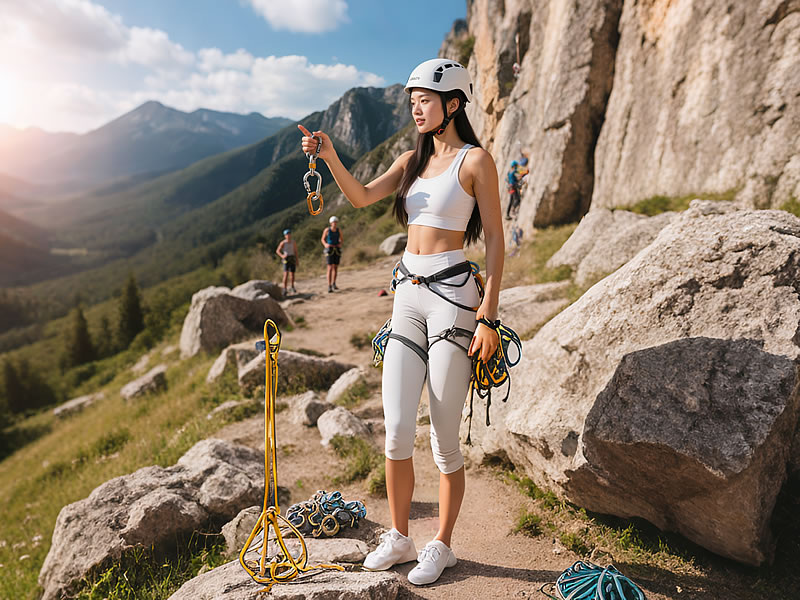
1. UIAA vs. EN: Key Differences
- UIAA Certification:Focuses on climbing-specific risks like dynamic falls, rock abrasion, and cold-weather performance.Tests include gate open/close cycles (5,000+ times) and cross-loading strength (reduced by ≤ 30%).Mandates a minimum major axis strength of 20 kN (4,500 lbs) for climbing carabiners.
- EN 12275 Certification:Broader scope for industrial and recreational use (e.g., via ferrata, rescue).Tests static load strength (22–40 kN) and gate resistance to deformation.Includes environmental tests like salt spray corrosion (48+ hours).
2. The Testing Process: What’s Involved?
Certified carabiners undergo brutal evaluations:
- Major/Minor Axis Strength: A hydraulic machine applies force until failure (e.g., 25 kN for a standard clip).
- Gate Open Strength: Loads the carabiner with the gate fully open (simulates accidental cross-loading).
- Cycle Testing: Opens/closes the gate thousands of times to check wear resistance.
- Environmental Stress: Exposes clips to UV light, saltwater, and extreme temperatures.
3. How to Spot Certified Carabiners
Look for these marks stamped on the spine:
- UIAA 121: Indicates compliance with climbing-specific standards.
- EN 12275: Followed by a category code (e.g., B for basic, K for via ferrata).
- CE Mark: Required for sale in Europe, often paired with EN certification.
Example: A Petzl Spirit carabiner reads “EN 12275 / UIAA 121 / CE” with a strength rating of 24 kN.
4. Why Non-Certified Carabiners Are Dangerous
Uncertified clips (e.g., decorative or hardware store varieties) often fail because:
- Weak Materials: Zinc alloys or low-grade steel bend under 10 kN.
- Faulty Gates: Springs wear out after minimal use.
- No Cross-Loading Tests: Fail catastrophically when loaded sideways.
Real-World Case: In 2019, a non-certified carabiner snapped during a via ferrata climb in Italy, leading to a fatal fall.
5. Beyond Climbing: When EN Matters More
EN 12275 covers specialized scenarios UIAA doesn’t:
- Industrial Rigging: Grade D carabiners for crane lifts (40 kN+).
- Rescue Systems: H category for high-strength anchors.
- Via Ferrata: K category tested for horizontal forces.
6. Top Certified Carabiners for 2024
- Climbing: Black Diamond Magnetron (26 kN, UIAA/EN).
- Industrial: Crosby 209A (50 kN, EN 12275).
- Via Ferrata: Edelrid Strike SL (25 kN, EN-K).
7. The Gray Area: “Tested to UIAA Standards”
Some brands claim compliance without certification. Red flags include:
- No stamped markings.
- Vague descriptions like “climbing-rated” without specifics.
- Sold on non-specialist platforms (e.g., Amazon basics).
Always demand proof of certification.
8. Maintaining Certification Integrity
- Avoid Modifications: Drilling, filing, or heating voids certifications.
- Retire Damaged Gear: Even certified clips lose validity if bent/cracked.
- Buy from Reputable Brands: Petzl, DMM, and Black Diamond submit samples to independent labs.
Final Safety Takeaway
UIAA and EN certifications aren’t marketing fluff—they’re your assurance that a carabiner has survived torture tests mimicking real-world extremes. For climbing, rescue, or heavy loads, never settle for uncertified gear. Check those stamps, understand the codes, and remember: Your safety hangs by a clip.

